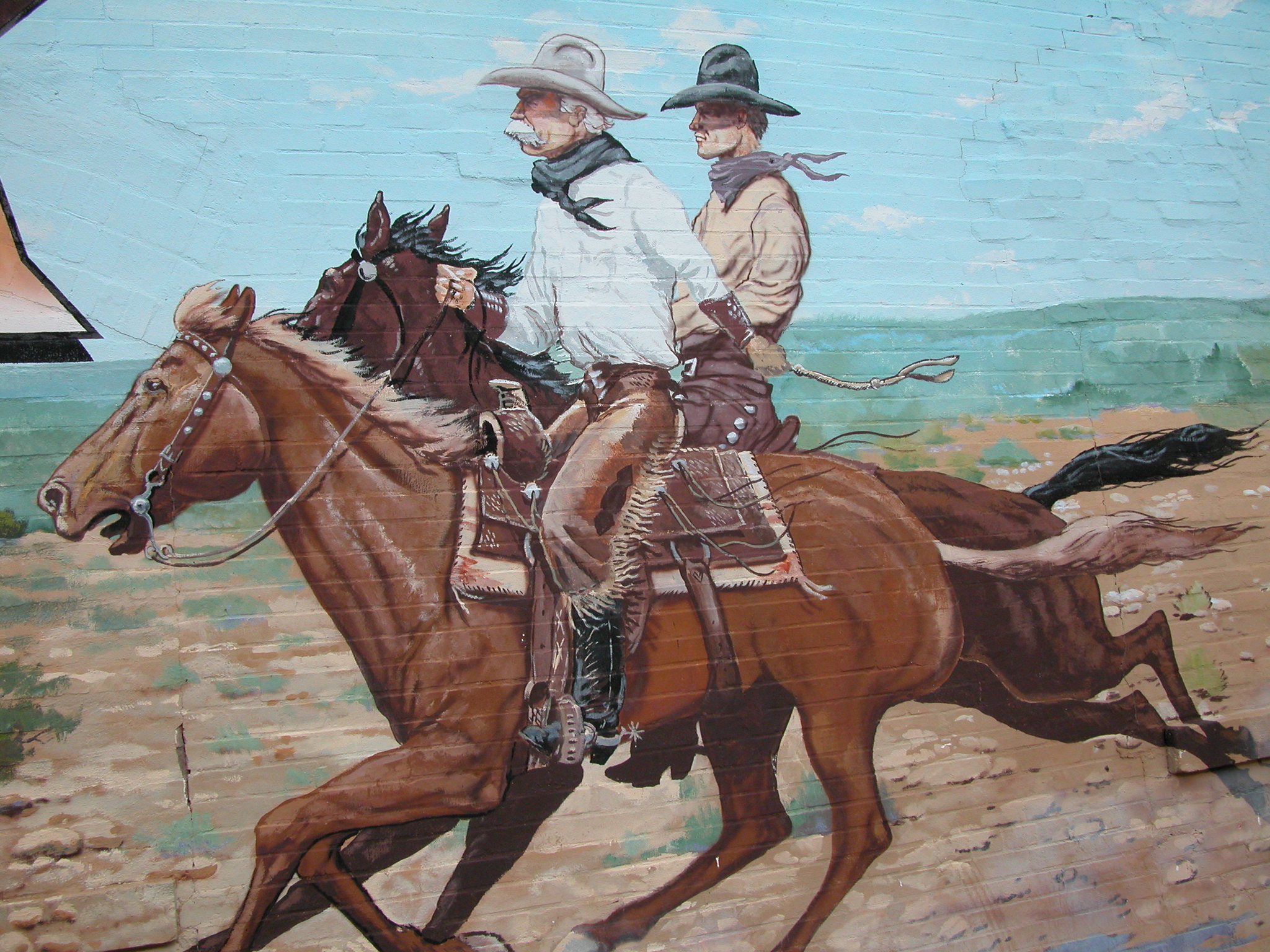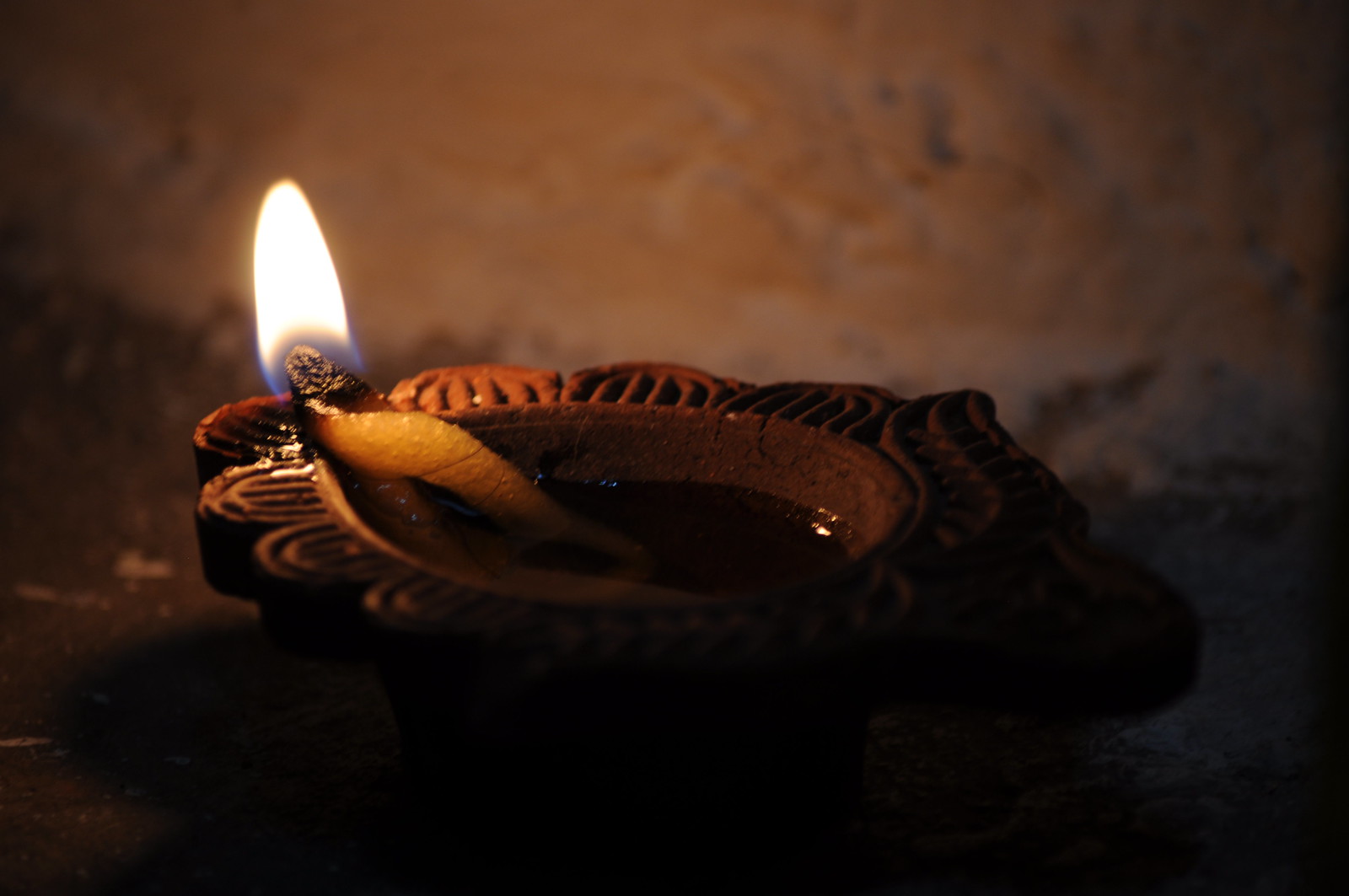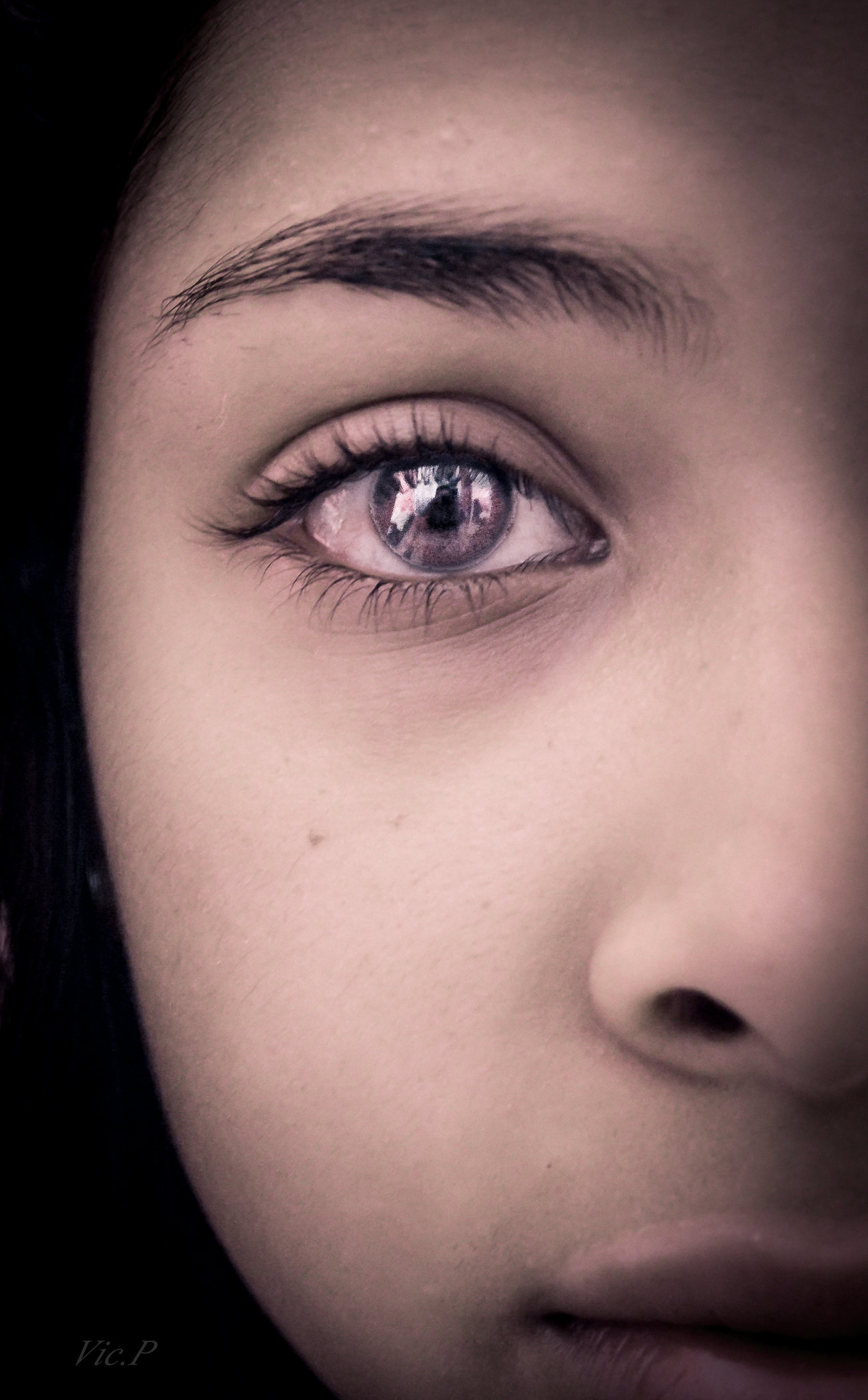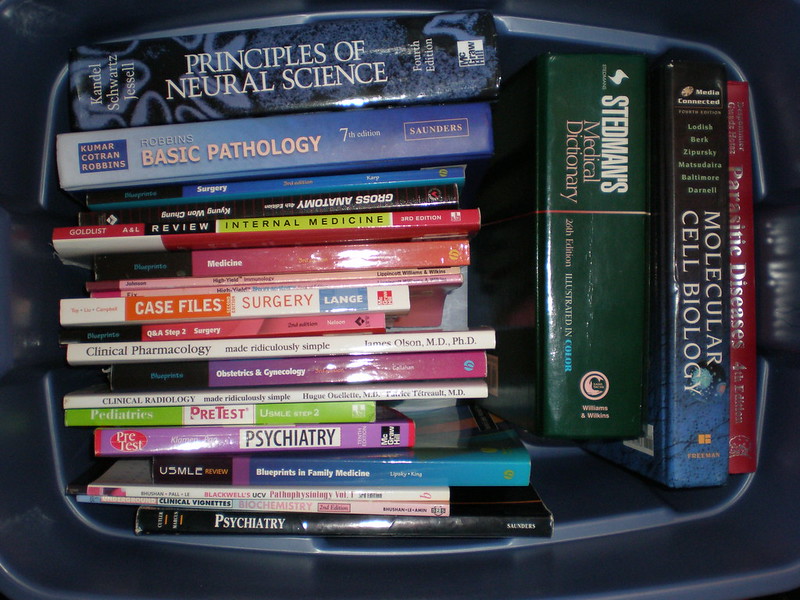The Sound of an Urban Cowboy
“Walker! David Walker!” I called the name of the next patient as I stood in front of the obnoxiously loud automatic doors that separated the emergency department waiting room from the clinical area. As the doors scraped shut behind me, I realized I’d probably called his name too loudly. The waiting room was dead silent. Only empty chairs on a nauseatingly sticky floor looked back at me as I glanced around the room for Mr. …










